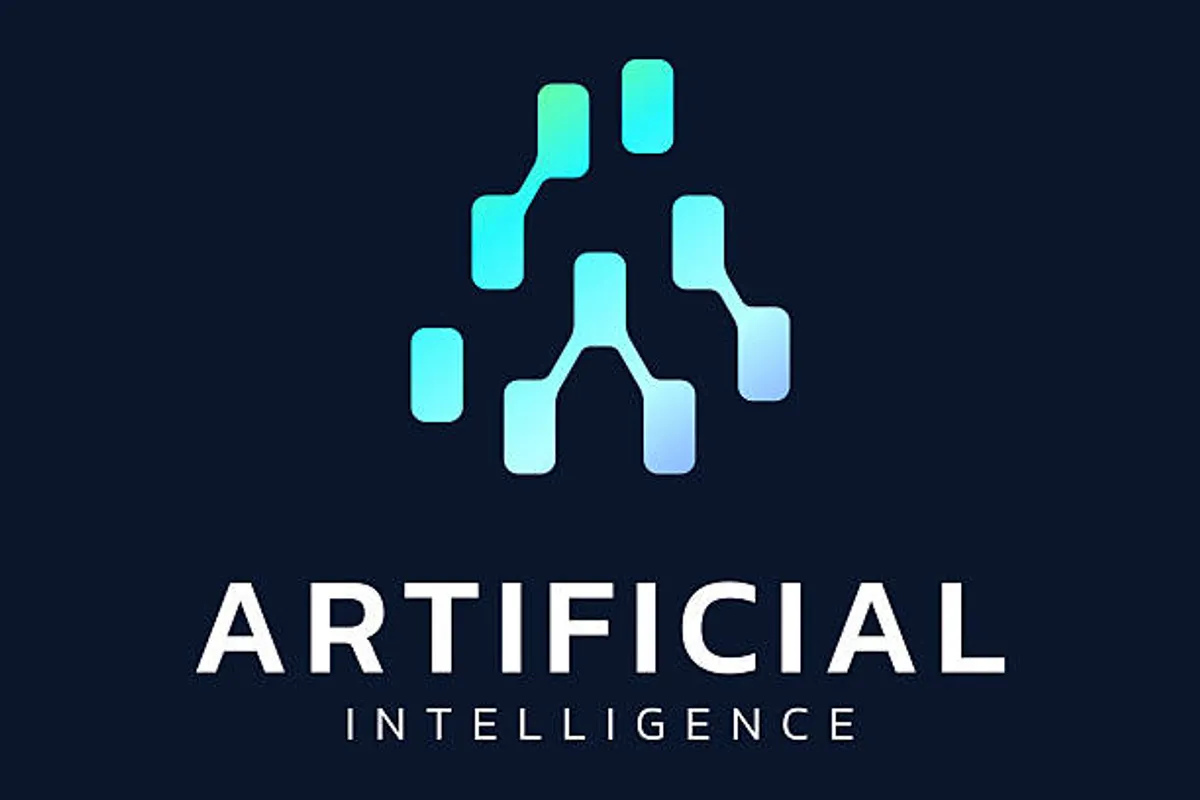NAACP Urges Immediate Shutdown of Musk’s “Colossus” Supercomputer in Memphis Over Pollution Concerns

GeokHub

Civil rights group NAACP has called for the immediate shutdown of Elon Musk’s “Colossus” supercomputer, operated by xAI, located in Memphis’s Boxtown neighborhood. The organization argues that the facility is endangering public health due to unlawful air emissions and regulatory evasion.
Key Concerns Raised by NAACP:
- Health Hazards: Colossus relies on dozens of gas turbines—reports suggest up to 35—generating pollutants, including nitrogen oxides, that pose serious risks to nearby residents. Boxtown already suffers from elevated rates of asthma and cancer, and little has been done to address the added environmental burden.
- Regulatory Shortcomings: The NAACP accuses xAI, Memphis Light Gas & Water (MLGW), and the Shelby County Health Department (SCHD) of circumventing air quality rules. Rather than using a single large turbine, xAI deployed multiple smaller ones to avoid triggering stricter permitting requirements under the Clean Air Act—an alleged violation.
- Call to Action: In a formal letter sent May 29, the NAACP appealed to SCHD and MLGW to halt operations, revoke unpermitted systems, impose fines, and conduct a comprehensive investigation to safeguard residents.
Community leaders and Tennessee State Representative Justin Pearson have decried the project’s placement in a low-income Black community, calling it an environmental injustice that threatens local health.
xAI asserts it is fully compliant and plans to transition to cleaner power sources. MLGW and SCHD initially approved the turbines as temporary, but the NAACP argues that prolonged use still necessitates a full permitting process
Why It Matters:
-
Colossus, currently the world’s largest AI supercomputer, demands significant energy. Environmental advocates caution that it may become the largest single source of nitrogen oxide pollution in Memphis.
-
If no immediate action is taken, the situation could exacerbate existing health disparities and undermine trust in local governance and environmental oversight.
The NAACP’s demands spotlight a wider debate about how cutting-edge technology must align with community welfare and environmental justice—urging a recalibration of how development projects are regulated and where they are located.








